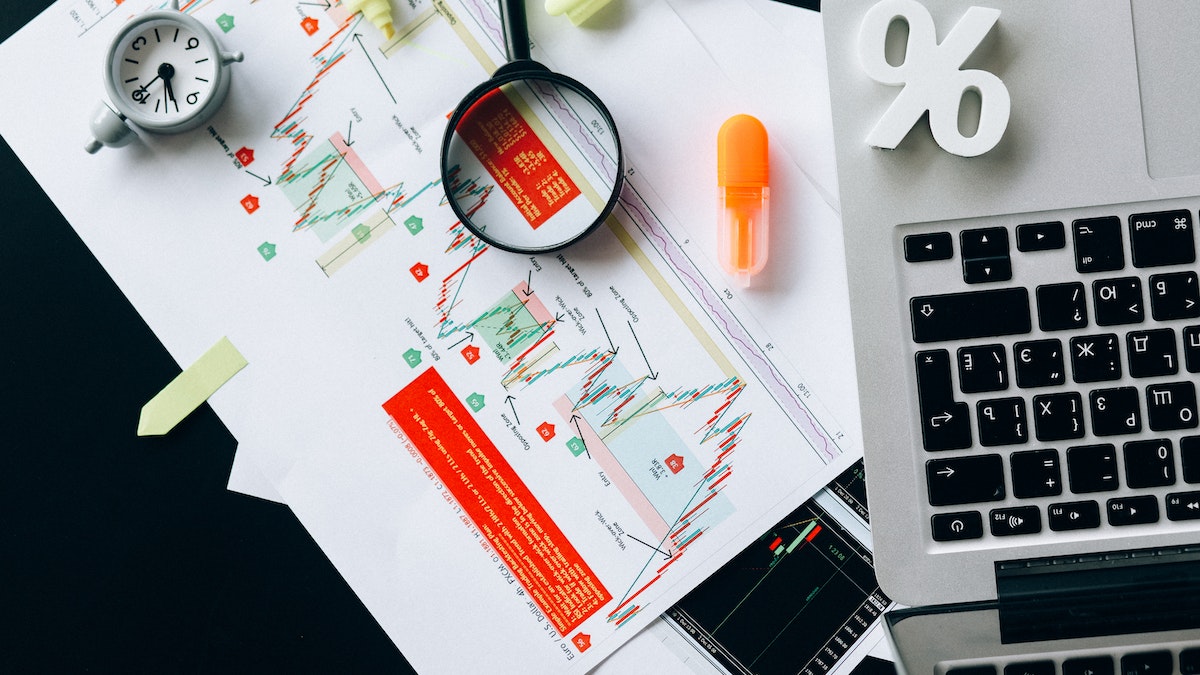The short answer is no, you don’t need a broker to trade CFDs. You can trade them online through a CFD provider. However, you will need to open an account with a CFD provider. Some CFD providers also offer trading platforms, giving you more control over your trading.
Some brokers offer CFDs as part of their services. If you’re looking for a broker to make your CFD trading journey more accessible, you’ll need to check out their offerings and see if they suit your needs.
How do CFDs work?
A contract for differences (CFD) is a deal between an investor and a CFD broker in which the difference in the value of a financial product’s price between when it opens and closes is traded.
It’s a complicated trading technique that only experts use. CFDs do not include the provision of tangible items or securities. A CFD investor receives money based on the price change of the underlying asset rather than acquiring or selling real gold. Instead of buying or selling actual gold, for example, a trader might guess whether the price of gold will rise or fall.
Investors can use CFDs to make bets on the price of an underlying asset or security increasing or declining. Traders may wager on either an upward or downward movement. If the CFD purchaser sees the asset’s price rise, they will sell their position. The difference between the purchase and sale cost is netted together. The net difference representing trading profits is paid out through the investor’s brokerage account.
The trader can open a position if they consider the property’s value will decrease. An opening sell position may be taken if the trader believes the asset’s value will drop. To close the position, the trader must acquire an offsetting trade. Then, they cash-settle their loss because of their account’s net difference.
Before starting with CFDs, it’s essential to understand the risks. Margin trading implies using borrowed money to trade, leading to more significant losses if something goes wrong. It’s also worth noting that CFDs are a derivative product, which means their value is derived from an underlying asset. This implies that if the underlying asset’s price changes, so will the value of the CFD.
Choosing a broker
We’ve put together some of the things you should look out for when choosing the right broker for your CFD trades.
Where are they regulated?
Brokers frequently tout their regulatory status; however, not all regulators are created equal. It would help to inquire about the broker’s license in your nation. If something goes wrong, being close to the regulator will be beneficial.
How responsive are they?
Generally, brokers respond promptly to client account opening inquiries, especially because client acquisition costs are so high. But will they be available if a funded customer has an issue? When experimenting with the deposit and withdrawal system, give the broker a call, utilize their chat feature, and see how helpful they are.
Which entity will you be trading under?
You may be using an FCA broker, but this does not guarantee that the FCA’s governance will protect you. Brokers frequently establish numerous group companies, some of which are unregulated or only lightly regulated. Clients who deal through these organizations do not have the same rights as others who trade with an FCA broker.
How dependable is the deposit and withdrawal system?
When selecting a broker, it’s good to fund a modest amount of money, place some trades, and withdraw. You can then evaluate any difficulties, how long the process took, and whether you feel safe making a more significant deposit.
How did they respond to previous market crises?
You should also evaluate the broker’s previous crisis performance and whether they have ever come under regulatory review. This should be apparent from simple online research.
Is the broker listed with a transparent ownership structure?
Brokers that operate on well-known stock exchanges are subject to additional vetting and are legally required to be more forthcoming. Their business strategy, how they make money, and parts of their plan are made public.
Last but not least
You don’t need a broker to trade CFDs, but a broker may be able to offer you additional services that could help make your trading experience smoother and more successful. Do some research and find the right broker for you.


